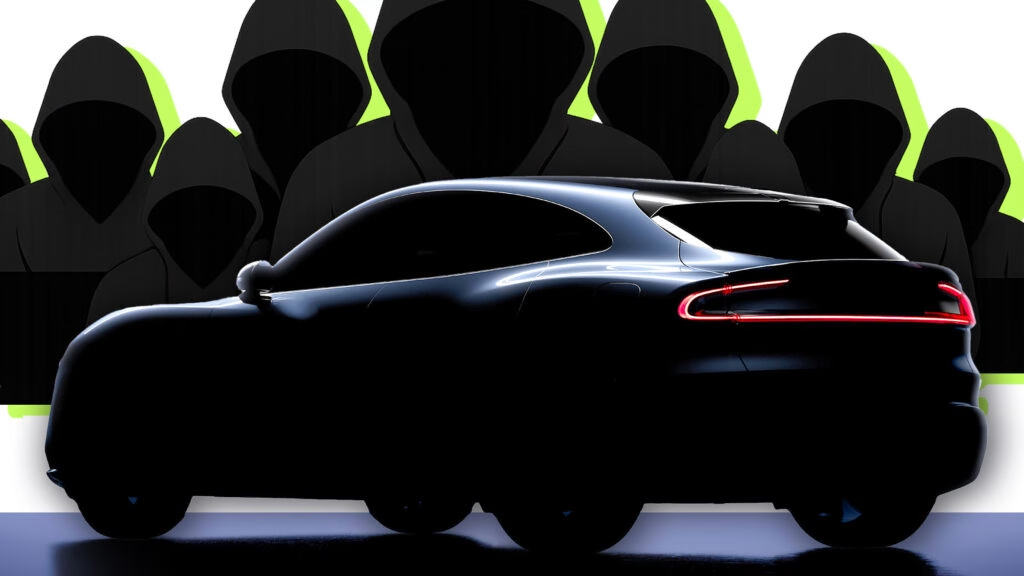Xiaomi is in the spotlight again, but this time for something that sounds like it’s straight out of a spy thriller. Just days before the launch of their new YU7 electric SUV, the tech giant has come forward with claims that a criminal gang orchestrated a smear campaign against them, utilizing a staggering 10,000 fake social media accounts. This isn’t just a minor hiccup; it’s a full-blown attack on their reputation, and it raises some serious questions about the lengths competitors might go to in the cutthroat automotive industry.
What’s the Story Behind the Smear Campaign?
The drama began to unfold after Xiaomi faced backlash over its SU7 Ultra sports sedan. Customers who shelled out around $6,000 for an aero hood were disappointed to find that the vents were purely cosmetic. To add fuel to the fire, a software update had reportedly downgraded the car’s impressive 1,526 horsepower to a mere 888. Talk about a rough week!
In the midst of this turmoil, Xiaomi’s legal team announced that they had uncovered a coordinated effort to defame the company. They allege that the gang has been active since December 2024, using automated software to churn out fake content and stir up negative sentiments about the brand. This tactic, which Xiaomi describes as a new form of “water army” crime, involves manipulating social media to create a false narrative, damaging both their online presence and corporate reputation.
Why Does This Matter?
The implications of such a smear campaign are significant. In an industry where perception can make or break a brand, Xiaomi’s claims highlight the vulnerability of companies to misinformation. With the automotive sector becoming increasingly intertwined with technology, the stakes are higher than ever. A tarnished reputation can lead to lost sales, diminished trust, and a long road to recovery.
Who Could Be Behind This?
While Xiaomi hasn’t named any specific rivals, it’s not hard to speculate. The automotive landscape is fiercely competitive, and as companies innovate and disrupt the market, the fear of losing market share can drive some to desperate measures. With billions of dollars at stake, it’s clear that Xiaomi’s rise in the electric vehicle space has rattled some cages.
The situation is reminiscent of historical conflicts, where rivals would go to great lengths to undermine each other. Just like Helen of Troy’s beauty sparked a legendary war, Xiaomi’s entry into the electric vehicle market seems to have ignited a battle of reputations. If competitors are resorting to such tactics, it’s a clear sign that they see Xiaomi as a legitimate threat.
What’s Next for Xiaomi?
As Xiaomi prepares to unveil the YU7 SUV and its first in-house developed smartphone chipset, the company is likely to be on high alert. They’ll need to navigate this storm carefully, ensuring that their upcoming launches aren’t overshadowed by the negative press. Transparency and communication will be key in rebuilding trust with consumers who may be wary after recent events.
The big takeaway? This situation isn’t just about Xiaomi; it’s a reflection of the broader challenges facing brands in the digital age. As misinformation spreads like wildfire, companies must be vigilant and proactive in safeguarding their reputations. For consumers, it’s a reminder to approach online information critically and seek out reliable sources.
In the end, Xiaomi’s resilience will be tested, but if they can weather this storm, they might just emerge stronger and more determined than ever.

